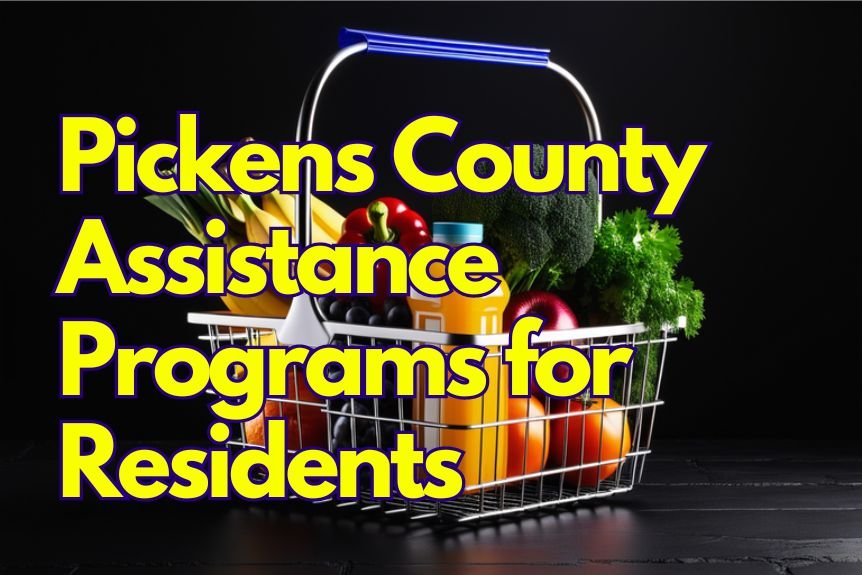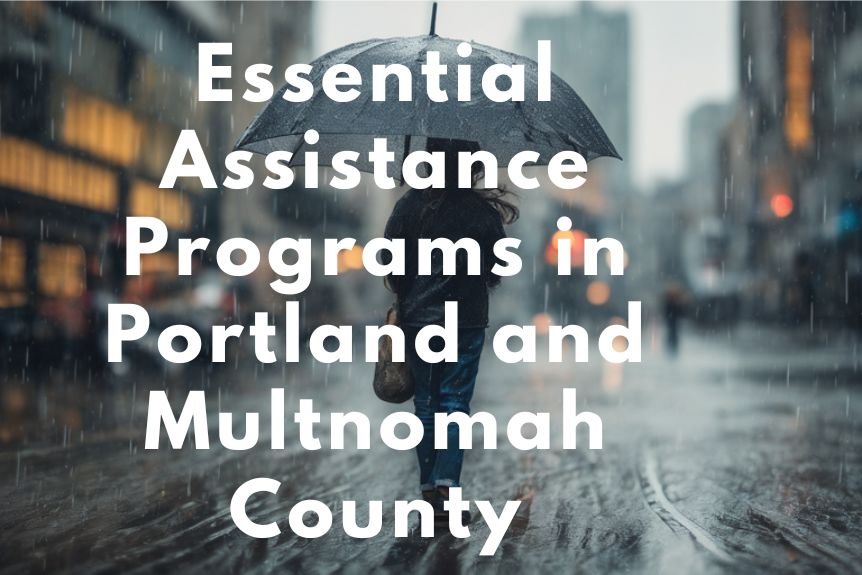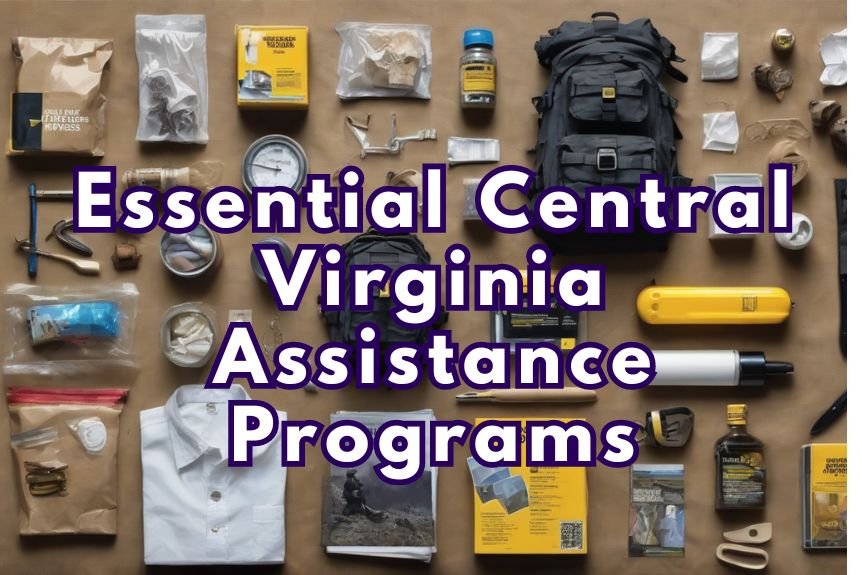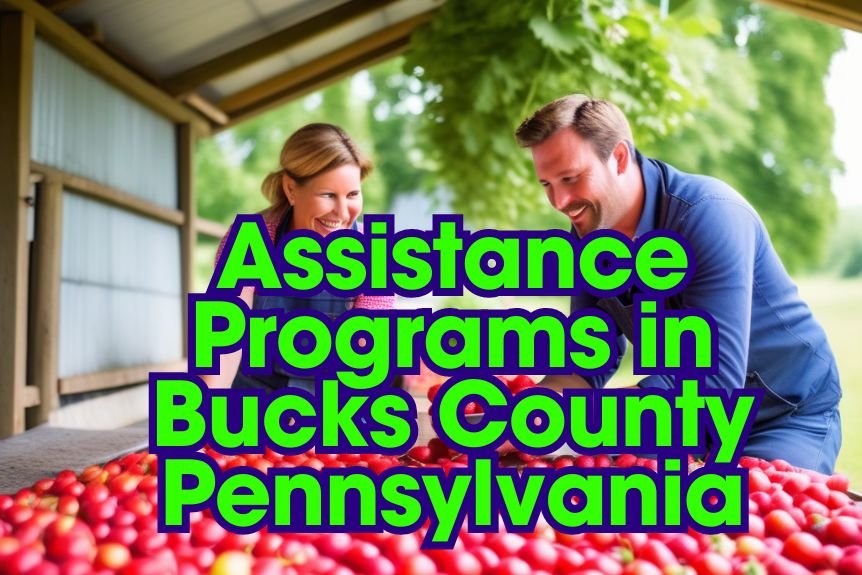Imagine a puzzle where each piece represents a different public assistance program in Nevada, fitting together to create a safety net for those facing financial hardships.
As you navigate through the intricacies of these programs, you may uncover surprising details that shed light on the impact they have on individuals and communities.
Stay tuned to discover how these vital programs are shaping the landscape of support for those in need.
Overview of Public Assistance Programs

If you’re a resident of Nevada in need of support, the public assistance programs available offer essential services to help with financial, healthcare, food, and housing needs. These programs aim to assist low-income individuals and families, promoting self-sufficiency and addressing various social needs.
Eligibility criteria for these programs may vary, and they play a crucial role in providing financial aid, healthcare assistance, food support, and housing services to those facing challenges. By offering a range of assistance options, the public programs in Nevada strive to ensure that individuals and families can access the necessary support to improve their well-being and overcome financial difficulties.
Whether you require help with healthcare, housing, or food, these programs are designed to lend a helping hand to those in need.
SNAP Benefits in Nevada
When in Nevada and in need of food assistance, SNAP benefits offer crucial support to low-income individuals and families through the distribution of Electronic Benefits Transfer (EBT) cards.
Eligibility for SNAP benefits in Nevada is determined based on income, household size, and expenses. The amount of assistance received is calculated according to the Thrifty Food Plan and other relevant factors.
By providing access to nutritious food, SNAP benefits play a vital role in reducing food insecurity and enhancing the well-being of vulnerable populations in Nevada.
If you meet the eligibility criteria, applying for SNAP benefits can help alleviate financial strain and ensure that you and your family have access to the nutrition you need.
TANF Eligibility Requirements

To qualify for TANF in Nevada, residents must meet specific eligibility requirements related to citizenship, employment status, and household composition. When applying for the TANF program in Nevada, make sure you meet the following criteria:
- Residency: Individuals must be residents of Nevada.
- Citizenship: Applicants must be U.S. citizens, legal aliens, or qualified aliens.
- Employment Status: Must be unemployed or underemployed with low income.
- Household Composition: Having a child under 18, being pregnant, or being a young household head is necessary for eligibility.
The application process for TANF in Nevada can be completed at welfare offices or online. Make sure you fulfill these requirements to access TANF benefits.
Medicaid Coverage in Nevada
After understanding the TANF eligibility requirements in Nevada, you can now explore the Medicaid coverage available for low-income individuals and families in the state. Nevada’s Medicaid program provides essential medical services to eligible individuals, with funding from both the state and federal government. Following the expansion of Medicaid under the Affordable Care Act, more residents gained access to healthcare.
This coverage includes doctor visits, hospital stays, prescriptions, and preventive care. Eligibility for Nevada Medicaid considers factors such as income and household size to ensure those in need receive necessary healthcare services. If you qualify, Medicaid in Nevada can be a vital resource for maintaining your health and well-being.
Housing Assistance Programs

Housing assistance programs in Nevada play a crucial role in supporting low-income individuals and families facing housing insecurity. Some key points to note about housing assistance programs in Nevada include:
- Rental assistance vouchers are available for very low-income families to address housing insecurity.
- The Salvation Army offers programs to assist individuals and families in paying bills and rent to secure housing.
- Non-profit organizations and government grants are accessible to help with rent and security deposits.
- These programs prioritize eviction prevention and aim to provide support for accessing affordable housing options.






